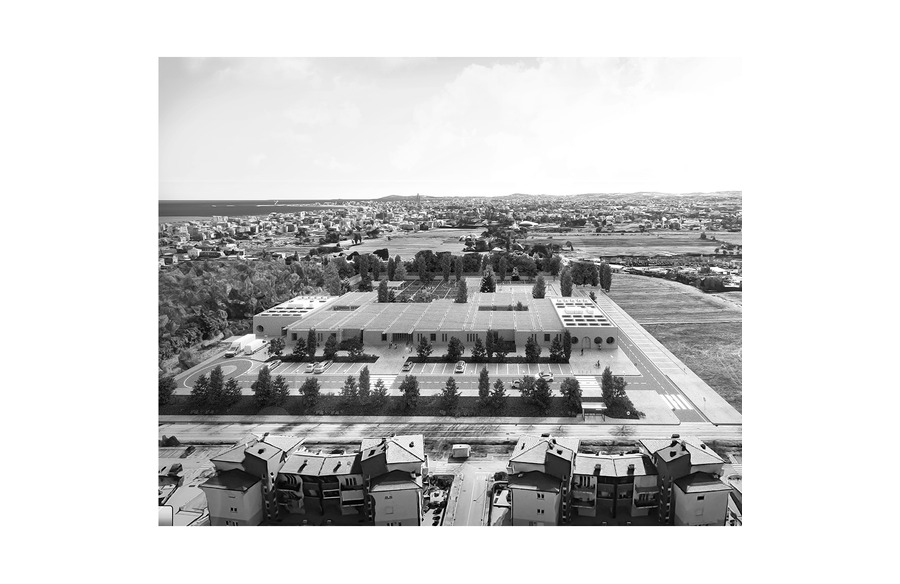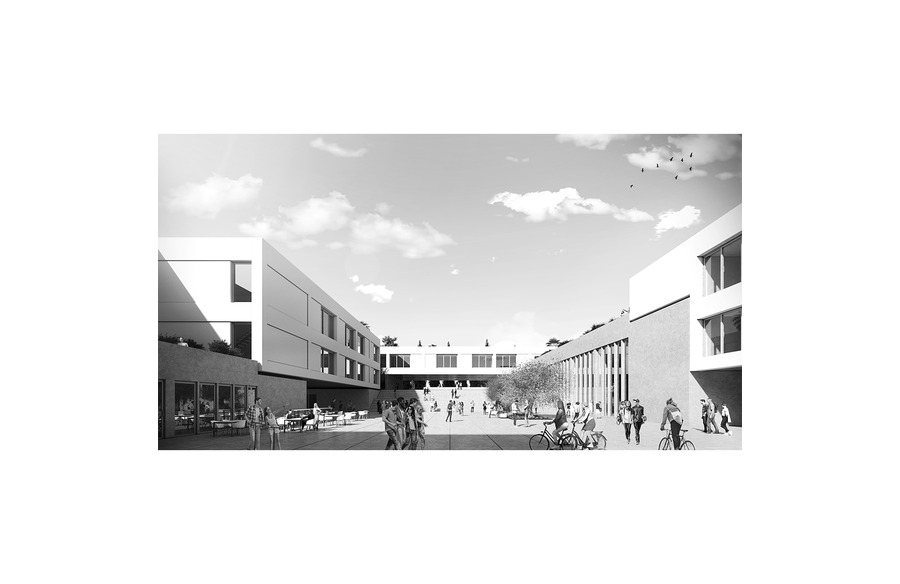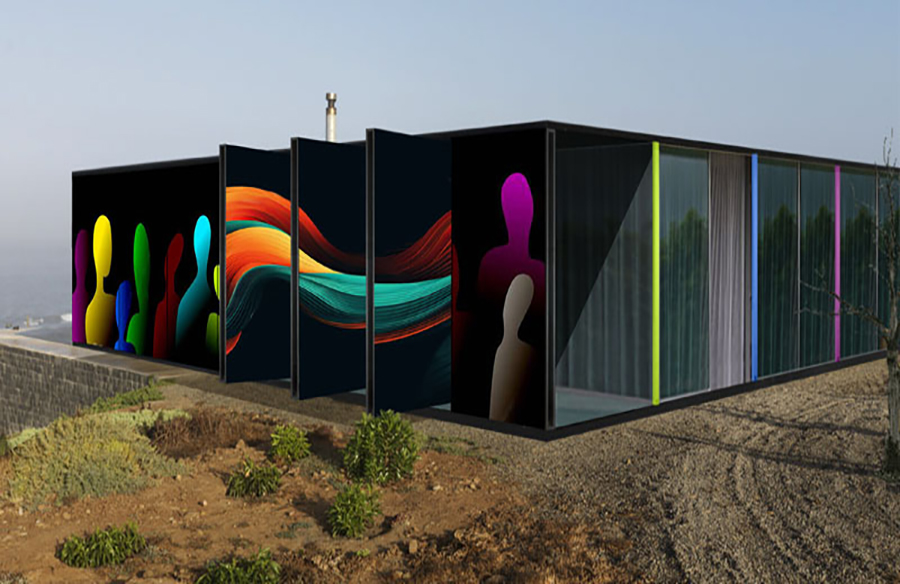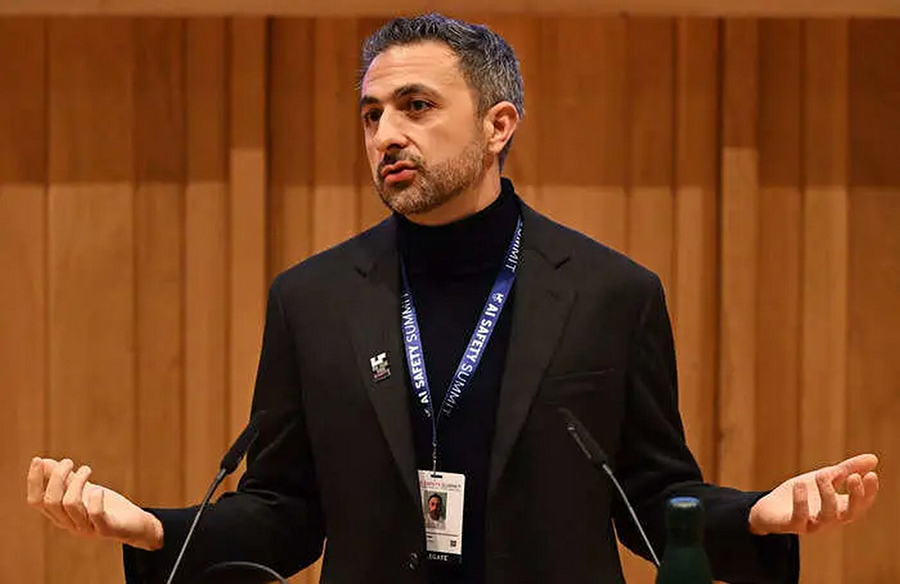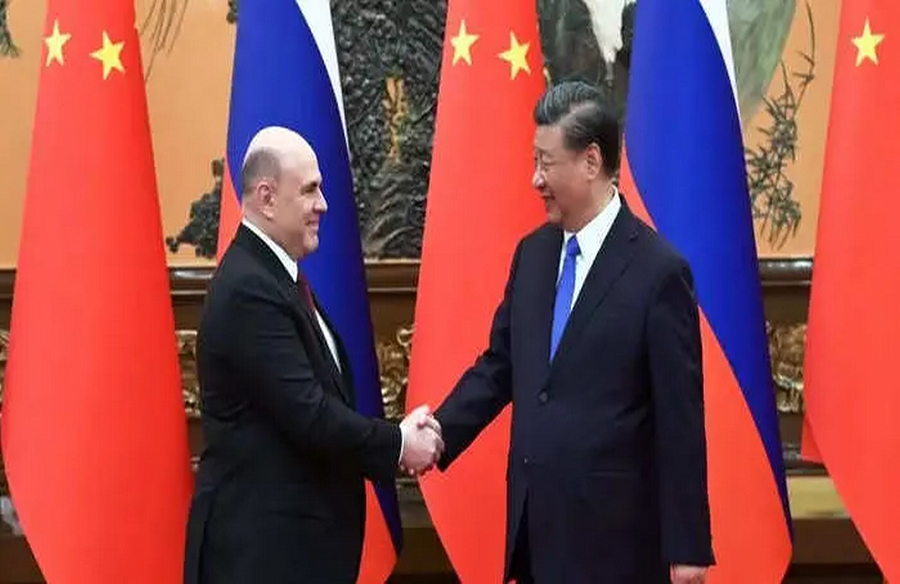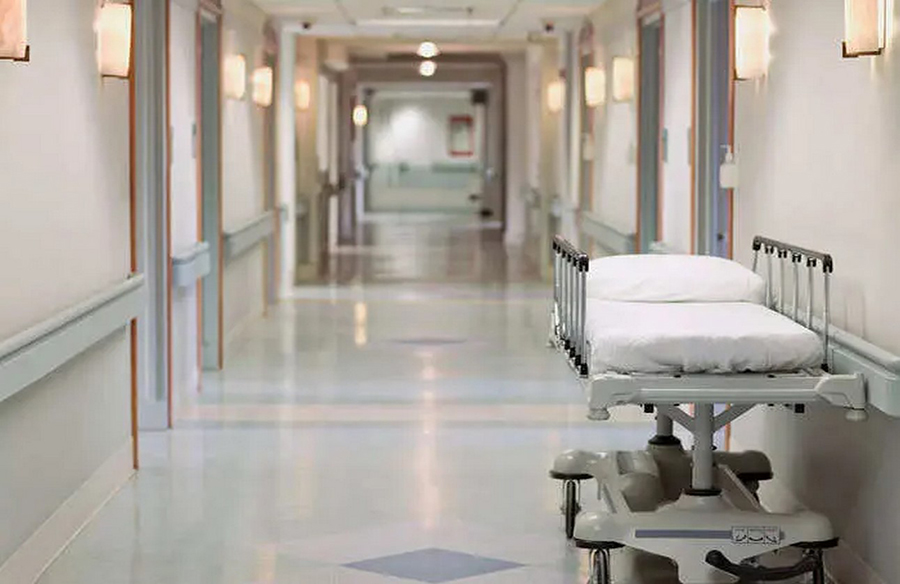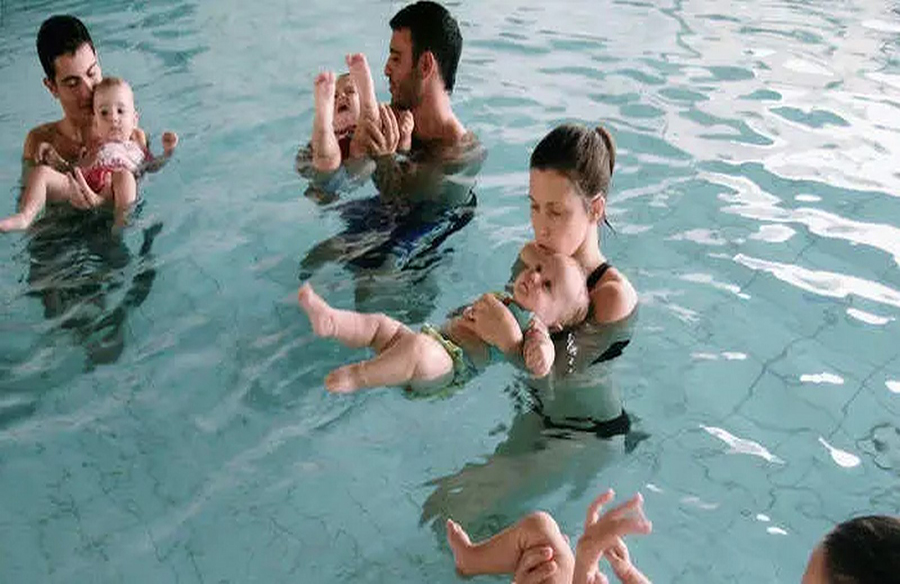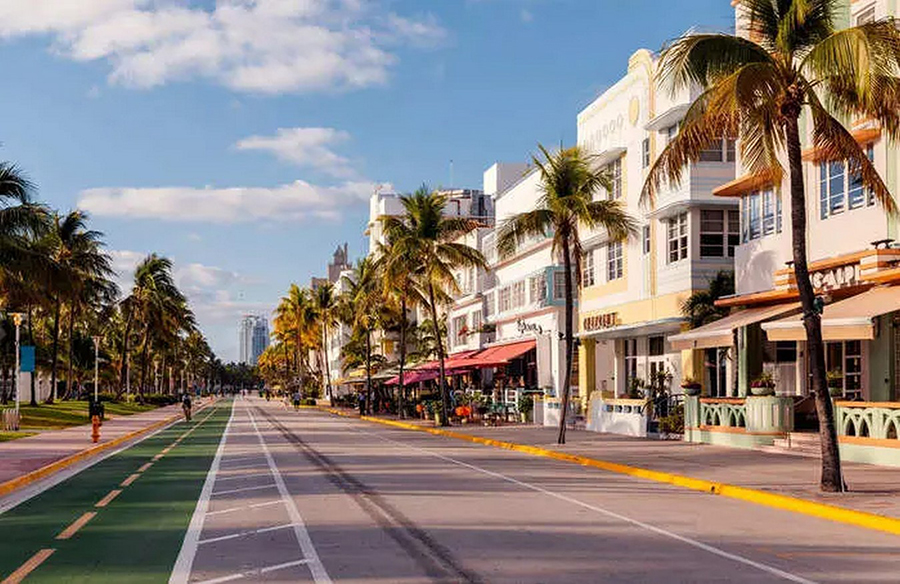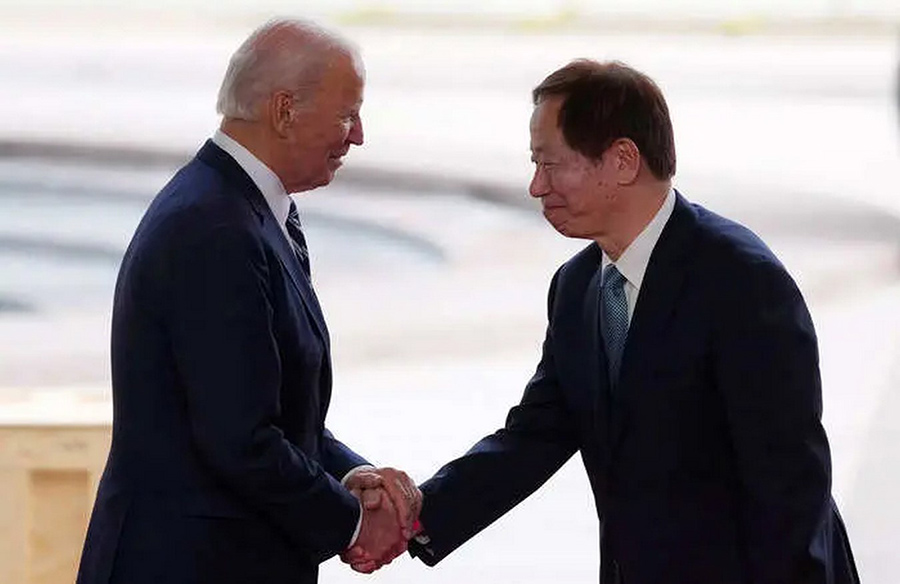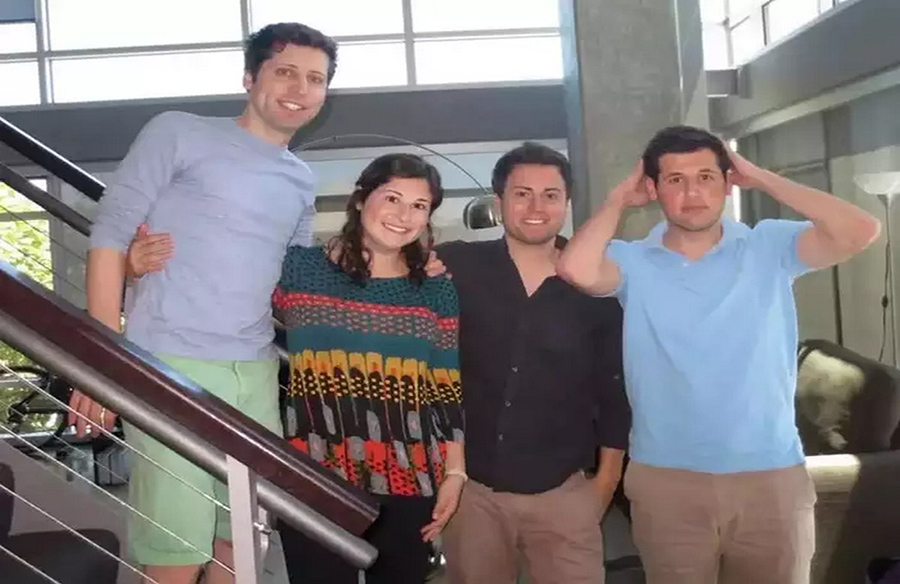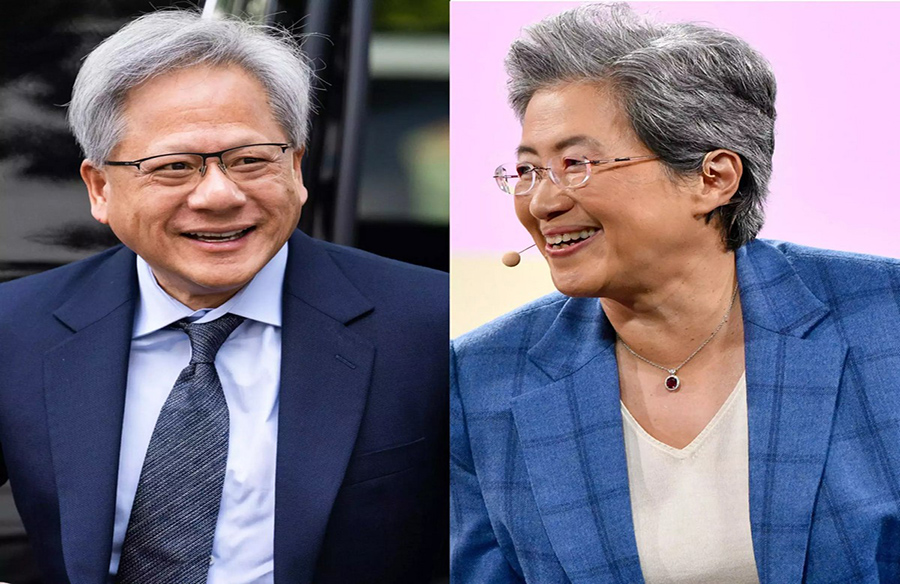Global Migration Trends: Insights from WHO

According to the World Health Organization (WHO), more than one billion people worldwide, or one in eight individuals, are migrants. Among them, there are 281 million international migrants, along with millions of stateless individuals.
Factors such as climate change, increasing inequality, conflicts, trade dynamics, and population growth are contributing to the acceleration of global migration trends, as stated by WHO. In response to these trends, the health workforce plays a crucial role in addressing the health rights and needs of refugees and migrants.
To enhance professional competence and capacity in addressing refugee and migrant health issues, WHO is organizing the third edition of its annual Global School on Refugee and Migrant Health in Dhaka, Bangladesh. The focus of this initiative is on capacity-building within countries and territories.
Dr. Tedros Adhanom Ghebreyesus, WHO Director-General, emphasized the profound and lasting impacts of migration and displacement on both physical and mental health. He highlighted the importance of overcoming barriers such as cultural and linguistic differences, financial constraints, stigma, and discrimination to ensure access to health services for refugees and migrants.
While not all refugees and migrants are vulnerable, various determinants, including xenophobia, discrimination, poor living conditions, and limited access to health services, can contribute to their vulnerability. Dr. Poonam Khetrapal Singh, Regional Director of WHO South-East Asia, underscored the importance of the human right to health, especially for marginalized and vulnerable populations, including refugees and migrants.
The Global School on Refugee and Migrant Health aims to leverage the experiences and lessons learned from different countries in collaboration with WHO and governments. This year’s event is particularly significant, considering Bangladesh’s substantial population displacement due to climate change, along with the influx of forcibly displaced Myanmar nationals.
Over the course of five days, policymakers, UN partner agencies, academia, civil society members, and other stakeholders will participate in knowledge exchange and capacity-building activities. The event, hosted by the Ministry of Health Bangladesh, will be accessible globally through web streaming.
Dr. Santino Severoni, Director of the Health and Migration Programme at WHO, highlighted the Global School’s role in strengthening strategic and operational collaboration on refugee and migrant health. The initiative aligns with the implementation of the Global Action Plan on promoting the health of refugees and migrants (2019-2023).
The Global School welcomes participants from diverse backgrounds, including policymakers, health sector managers, researchers, university students, NGOs, youth representatives, and journalists. Dr. Poonam Khetrapal Singh emphasized the critical need for a well-trained, culturally sensitive health workforce capable of addressing the unique health challenges faced by refugees and migrants.


 English
English 






